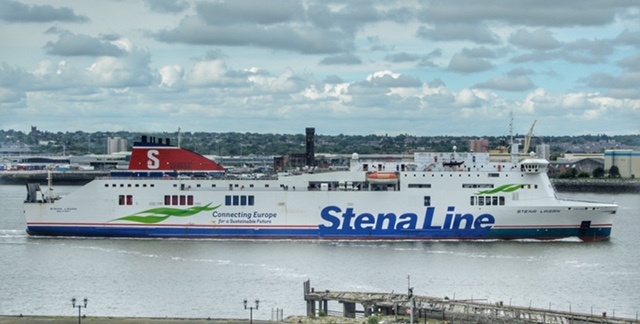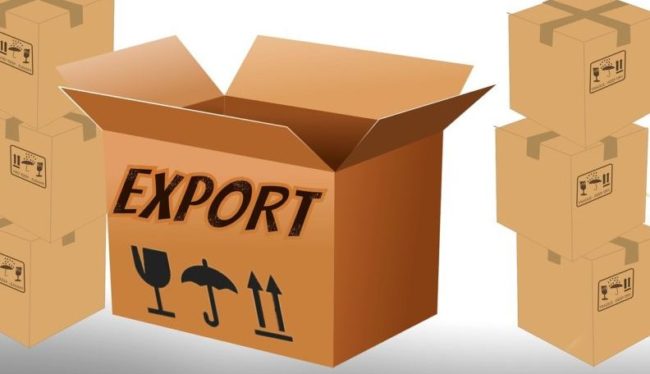Chamber economist explodes the myth that a falling pound is great news for exporters
Speaking at the latest Liverpool & Sefton Chamber of Commerce Quarterly Economic Survey Business Breakfast, Christian Spence says a weak sterling offers no long-term benefits. Tony McDonough reports

A fall in the value of the pound is great news for exporters – right?
Not according to leading North West economist Christian Spence who told an audience of business people in Liverpool: “It’s really not that simple.”
Christian was speaking at the latest Liverpool & Sefton Chamber of Commerce Quarterly Economic Survey (QES) Business Breakfast at Mann Island on Liverpool’s waterfront.
He is the head of research and policy at Greater Manchester Chamber of Commerce and he delivered an snapshot of economic conditions in the Liverpool city region, the wider North West and across the UK.
And it was his insight into the effects of a weaker sterling on exports that proved enlightening.
Currency pressure
Although it has rallied a little, the pound has been under pressure since the UK public voted to leave the European Union in last June’s referendum.
A falling currency is usually a sign of underlying weakness in the economy and the fall in sterling following the vote reflected the uncertainty felt by many.
However, it also became a widespread belief that the fall in the value of the pound would make British goods cheaper overseas and therefore was good for exporters.
But, according to Christian, the picture is not quite as straightforward as that.
No long-term benefit
He told the audience of Mersey business people: “There are positive and negative effects of a fall in the value of sterling.
“There can be a short-term benefit in terms of exports but 120 years of data has shown us that there is usually no long-term benefit.”

Christian explained that a weaker pound means import prices rise and many companies, particularly manufacturers, bring in raw materials from overseas, offsetting any benefit to exports of goods. And in the UK we import more than we export.
“A lot really depends on what it is you export, to which markets and how much you have to import.
“In the long run the effects of a weaker pound are usually negative but every company has a different story to tell.”
Supply-side constraints
Christian also said Brexit was a concern for the North West construction industry as many of the people it employs come from elsewhere in the EU.
And curtailing of freedom of movement could impact adversely on recruitment and skills.
“Although the construction sector remains strong there are huge supply-side constraints,” he added.
“Access to labour is an increasing problem and Brexit will put an even greater strain on that. The construction sector is colossally dependent on EU labour.”

